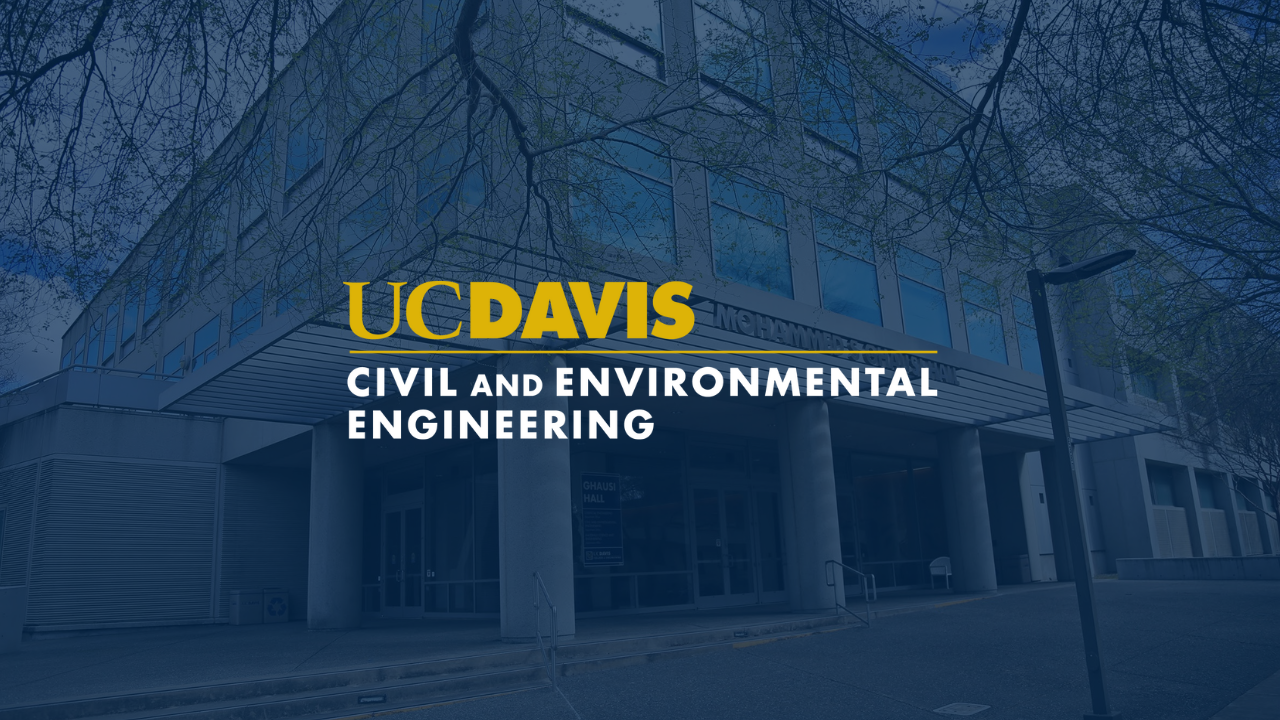
Event Date
Computational investigation on composite materials like concrete is challenging because of complex and uncertain microstructure with a wide range of length scales. To accurately reconstruct concrete microstructure, the complementarity of X-ray and neutron computed tomography images is employed. Void, aggregate, and cement paste phases are successfully captured down to the images’ spatial resolution. The reconstructed complex microstructure is efficiently and effectively analyzed using the virtual element method (VEM) although the microstructure has various length scales associated with small voids and various sizes of aggregate particles.
Additionally, the interfacial fracture energy between aggregate particles and cement mortar is firstly measured. Fracture behaviors with aggregate inclusion specimens are successfully predicted using the cohesive zon model while capturing crack branching and coalescence. Furthermore, the computational model is extended to investigate void coalescent dominated fracture while reproducing both global and local features of ductile fracture.
